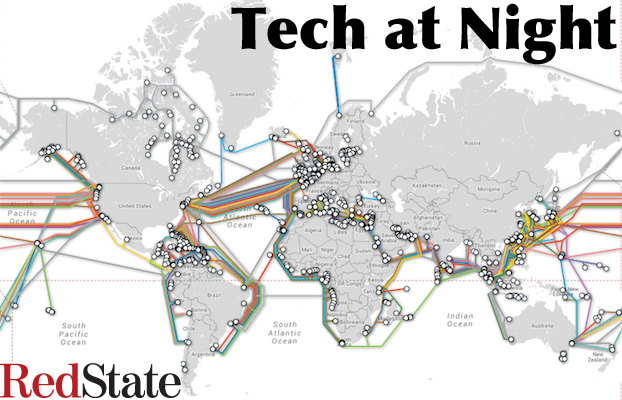
I admit, when I see too much libertarian cheering about something, I look for the catch. So I had to take a closer look when I saw people disagree with aligned with people I sometimes agree with and sometimes disagree with, all cheering the Supreme Court’s decision in Riley v. California, which asserted that in a police stop, a warrant is required by police to search the data on the phone.
I have to say I agree with Justice Alito’s concurrence, more than I do with the opinion of the court by the Chief Justice. He points out that searching arrested persons predates the fourth amendment, was not altered by the fourth amendment, and is all about gathering evidence, not securing cops. So the court was right, but for the wrong reason.
Alito points out that the court’s reasoning makes no sense, treating written materials differently from digital materials. It’s not a great situation, it’s not entirely rational, but the technical situation creates an anomaly that is difficult to work around.
I have to conclude here that much of the cheering of the decision isn’t process-based, or law-based, but rather simply results-based. To some, it doesn’t matter how the court came to the decision that such searches are unconstitutional, so long as it ruled according to policy wishes of those cheering.
I ultimately agree with Sam Alito’s conclusion that this is a question that needs to be solves the right way, through legislation that sets the policy according to our collective wishes:
In light of these developments, it would be very unfor- tunate if privacy protection in the 21st century were left primarily to the federal courts using the blunt instrument of the Fourth Amendment. Legislatures, elected by the people, are in a better position than we are to assess and respond to the changes that have already occurred and those that almost certainly will take place in the future.
So it turns out the entire AFL-CIO has come out for AT&T/DirecTV, bucking the Democrat majority.
Darrell Issa pointed out that current copyright law precluding performers from getting paid is a big mistake. He’s right. No free rides for broadcasters.
Extortionists love Bitcoin because of the pseudonymity and the irreversibility of the transactions.
Facebook ran experiments on its users, manipulating its algorithms to run psychological tests.
If the Democrats have to say their policy isn’t a train wreck, it probably is.
Remember when they claimed they weren’t regulating Internet content? Liars. Liars, liars, liars.
That’s why it’s so wrong to go along with any of the radical Internet regulation plans.
censorship of Google has begun. They don’t have free speech in Europe, and that’s having a ripple effect into the US.
Turns out your ISP is probably overdelivering on speed, and if you can’t see Netflix, it’s Netflix’s fault, probably.
So the Senate is taking on a “clean” satellite TV reauthorization, which is too bad, since there are great reforms we could do, but not with a Democrat Senate.
One key reason Net Neutrality is bad: it would preclude free stuff.